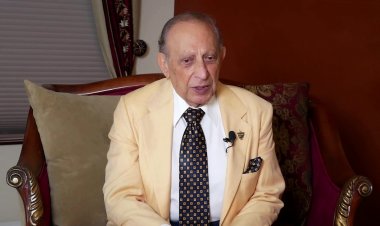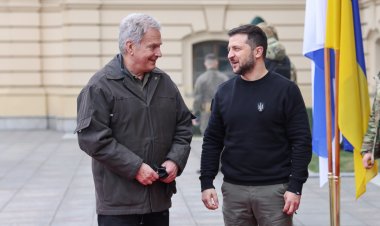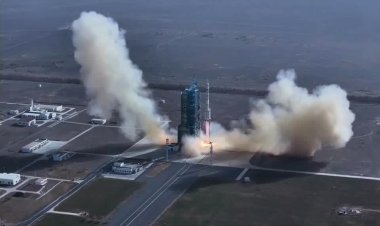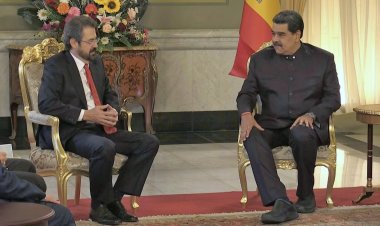Argentina withdraws from W.H.O. over policy disputes
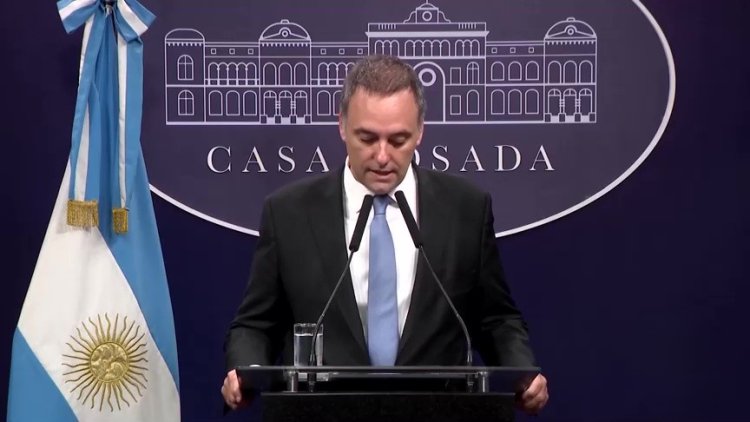
Argentina has announced its withdrawal from the World Health Organization (WHO), following a similar move by U.S. President Donald Trump in January. The decision was announced by presidential spokesperson Manuel Adorni, citing "profound differences" with the UN agency's health management approaches, particularly during the COVID-19 pandemic.
President Javier Milei's administration criticized WHO's pandemic guidelines, which led to extensive lockdowns under the previous government of Alberto Fernandez. Adorni emphasized that Argentina would not allow international organizations to interfere with its sovereignty, especially regarding health matters.
The withdrawal will have limited financial impact on WHO, as Argentina's contribution represents approximately $8 million of the agency's $6.9 billion 2024-2025 budget. Adorni assured that the decision would not affect the quality of health services in Argentina, suggesting it would instead provide greater flexibility in implementing policies aligned with national interests.
The move aligns with Milei's libertarian stance and his admiration for Trump, who similarly accused WHO of mishandling the COVID-19 pandemic and requiring "unfairly onerous" payments from the United States. Last year, Argentina had already refused to sign an agreement for pandemic management within the WHO framework, citing concerns over national sovereignty.
WHO, which coordinates global responses to health crises including outbreaks of diseases like Ebola, AIDS, and mpox, has indicated it is reviewing Argentina's announcement. The timing coincides with Milei's upcoming U.S. visit during the Conservative Political Action Conference in Washington.
The announcement marks another significant departure from international health cooperation, though WHO's guidelines have often been discretionary, as the organization lacks authority to enforce specific health actions on member countries.









